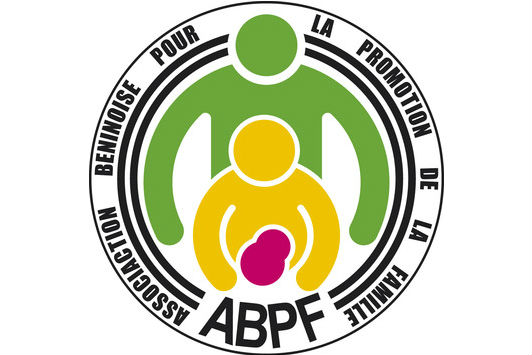

| 31 March 2016
Association Béninoise pour la Promotion de la Famille
The Association Béninoise pour la Promotion de la Famille (ABPF) has been operating for almost 40 years. ABPF offers family planning, ante-natal and post-abortion care, infertility treatment, screening of cancers of the reproductive system, and management of sexually transmitted infections (including HIV and AIDS). Its service points include permanent and mobile clinics. ABPF is focused on reaching marginalized groups such as prisoners, sex workers, refugees and internally displaced persons. The majority of clients are estimated to be poor, marginalized, socially excluded and/or under-served. To reduce the national maternal mortality rate, ABPF operates an effective community-based obstetric and antenatal care service in 16 villages, using traditional birth attendants and volunteer health workers. ABPF also runs a locally-based service for young people which involves hundreds of community-based distributors (CBDs) and peer educators providing young people with sexual and reproductive health information, condoms and counselling services. In acknowledgment of ABPF’s expertise and accomplishments, the Government of Benin invited the organization to become a member of the technical committee (in the Ministry of Planning) that drafts reproductive health policies: the Population Policy, the Family Health Policy, HIV and AIDS policies and the National Sexual and Reproductive Health Policy. Whilst ABPF has recorded major advances in sexual and reproductive health, there are still very significant challenges as the figures for lifetime risk of maternal death, child mortality rate and unmet need for contraception of illustrate. Driving the work of ABPF is a large and dedicated team of hundreds of volunteers. There’s a Youth Action Movement which draws on the skills of young people. ABPF works in partnership with a range of government organisations, including parliament, the Ministère de la Famille, the Ministère de la Jeunesse, and the Ministère du Plan. Funders include USAID. Non-goverrnmental organizations working with ABPF include the Country Co-ordinating Mechanism for health and sexual and reproductive health.

| 19 January 2024
Llaves - Honduras
LLAVES is a non-profit organization founded in 1999 by Allan Dunaway and Rosa Gonzalez in response to the particular needs of people living with HIV, specifically in the defense of the human rights of this population. LLAVES has developed expertise in the area of communication and uses it as a vehicle for primary and secondary prevention of HIV and other STIs, human rights advocacy, political advocacy, promotion of values, as well as the involvement of other key actors in the response to the epidemic, and its territorial areas of work are regional, national and international. LLAVES seeks to enhance the availability and quality of access to and use of key information, products and services for development that contribute significantly to improving the lives of people living with HIV and other vulnerable groups. The advocacy developed by LLAVES has been instrumental in achieving access to comprehensive care for people living with HIV, as well as a legal framework such as the special HIV Law and its reform. LLAVES has also been active in the development and implementation of the Five Year Plan on HIV and Human Rights: Reducing Human Rights Related Barriers to Access to HIV Services, an ambitious plan that aims to reduce legal, policy, scientific and community gaps. It comprises seven program areas, aimed at strengthening programs to protect and promote human rights, because human rights-related barriers impede the reach, use and impact of comprehensive HIV prevention and care services. Instagram Twitter







